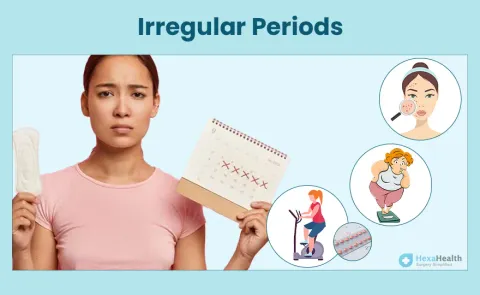
The content at HexaHealth is fact checked & medically reviewed by certified doctors to make sure the information is accurate and up-to-date with latest research and guidelines. Learn More
Our Commitment to You- We provide Medically accurate content
- Involvement of qualified writers, editors, and doctors
- We emphasize on science-backed information
- We avoid using false claim of information






























